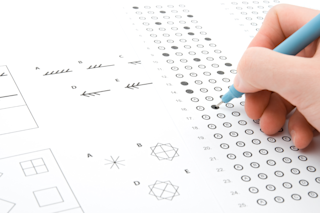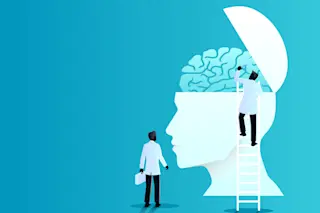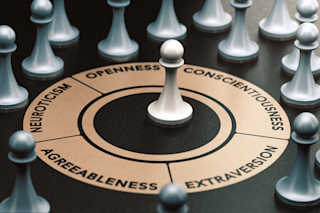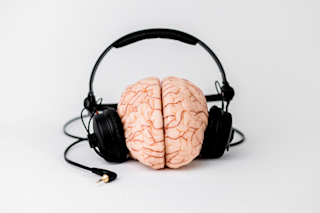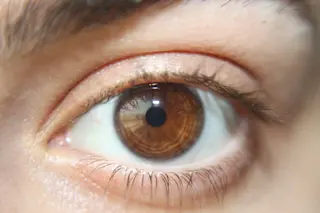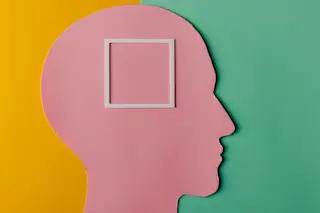Getting better at chess, it turns out, isn't merely a matter of thinking harder, or using one specific area of the brain---it has more to do with the neural links between brain regions. Neuroscientists from Japan studied the brainy blood-flows of both professional and amateur shogi players (a chess-like game from Japan) and found that professionals have certain brain circuits that may allow them to put on their intuitive thinking caps. The study, published in Science, used functional magnetic resonance imaging (fMRI) to examine which brain areas showed the most blood flow as professional and amateur shogi players tested their mettle during a match. The experts showed more activity in two regions: the precuneus region in the parietal lobe, which is involved in pattern recognition, and the caudate nucleus, an area in the basal ganglia that is involved in learning, memory, and cognition.
The research team found that the precuneus-caudate ...




